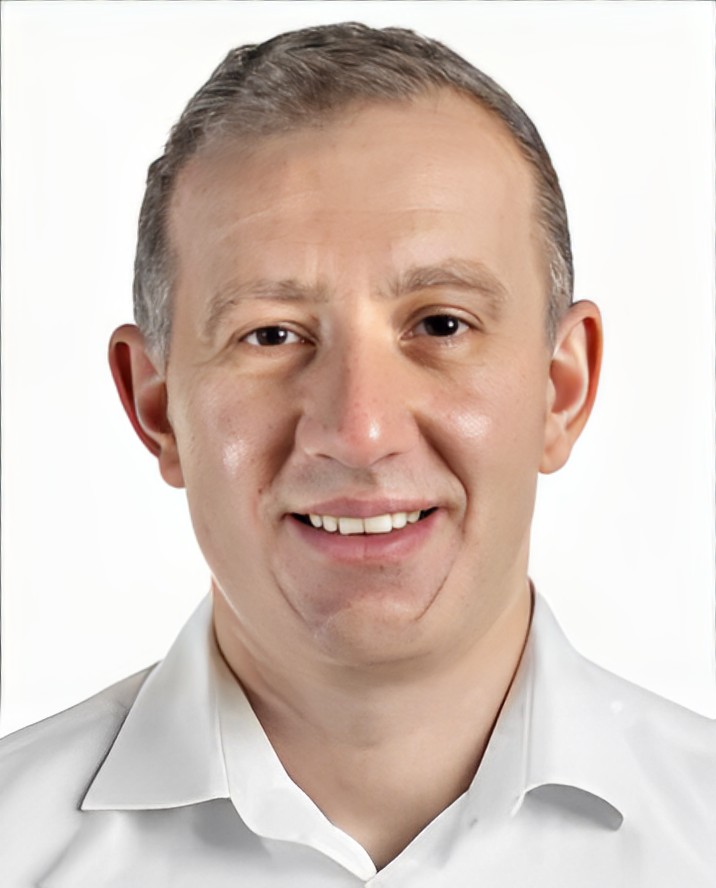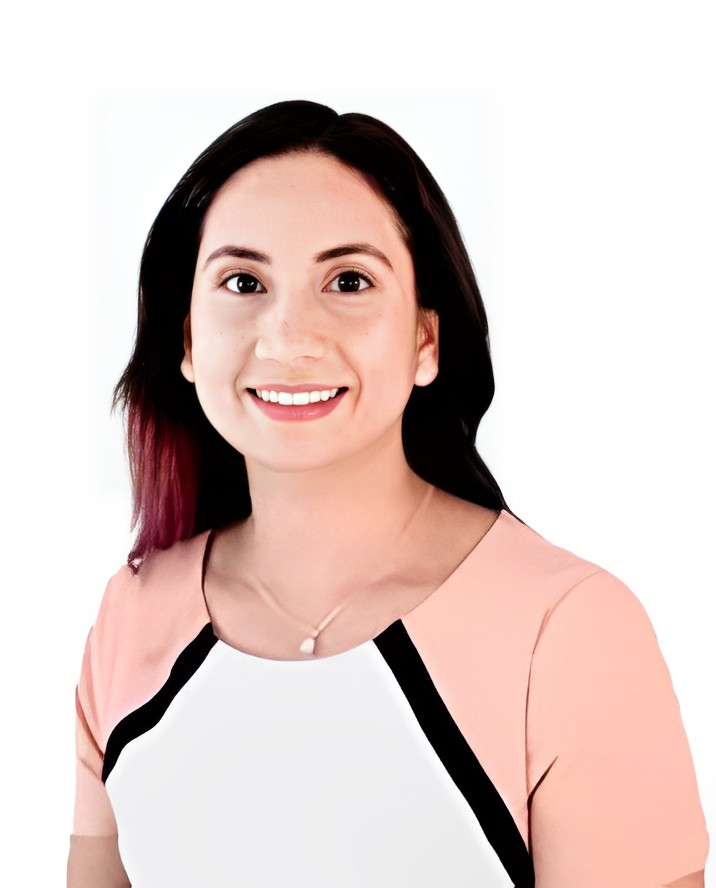Spot Melanoma Early
Book a Skin Check with Bluff Road Medical Skin Cancer Doctors
Skin Cancer Clinic
At Bluff Road Medical, we have experienced Skin Cancer Doctors regularly conducting full-body mole checks to identify potential skin cancers.
Why Choose our Skin Cancer Clinic?
We pride ourselves on providing the best care for our patients as an accredited skin cancer clinic. Here’s why you should choose Bluff Road Medical for your skin cancer checks.

Professional Expertise
Our Skin Cancer Doctors have qualified from Australasia’s leading educational bodies.

360 Care
Our clinic includes general practice Doctors to help review all of your health care requirements.

Advanced Technologies
We have invested in the most advanced technologies to support the Doctors deliver the most accurate assessment.
The Skin Cancer Doctors At Our Clinic
– Melanoma
– Basal Cell Carcinoma (BCC)
– Squamous Cell Carcinoma (SCC)
The most dangerous of these types is Melanoma, although all of these forms can be successfully treated if captured and detected early.
Our Sandringham skin doctors have undertaken advanced study to specialise in this area. We see high volumes of skin cancer, so we know what to look out for when it comes to identifying suspicious lesions and moles. What’s more, you won’t have to wait months to see us for your skin check.
If the mole or lesion is malignant, our doctors can remove it on-site via surgery. We can remove most types of skin cancer or moles at our Sandringham medical clinic. Your doctor can explain the cost, results processing time and anticipated downtime (if any) to you during your appointment.
The doctors have conducted thousands of skin examinations between them.
At Bluff Road Medical, we provide a comprehensive skin cancer screening and management service. Skin Cancer Doctors are experts at identifying suspicious moles and lesions, and we also offer state-of-the-art digital imaging of your skin. We assess all forms of sun damage, including skin cancers such as melanoma, basal cell carcinoma, squamous cell carcinoma, and solar keratosis.
What’s involved?
During your 30-minute appointment, your skin cancer doctor will undertake a detailed, full-body skin examination. Moles and suspicious skin lesions will be checked, then photographed using our FotoFinder Digital Dermoscopy system. These images can be used for future reference at follow-up visits to monitor any changes. This technology is designed for early skin cancer detection, and is strongly advised for high-risk patients with a personal or family history of skin cancer.
Patients are asked not to wear makeup or face creams to this consultation.
Australia has one of the highest rates of skin cancer in the world. In fact, two in three Australians will be diagnosed with skin cancer by the time they’re 70. For that reason, it’s extremely important to be vigilant about your skin and to have regular check-ups. The sooner a skin cancer is identified and treated, the better the prognosis.
For further information, please
Many of us may remember the “Slip, Slop, Slap” campaign, which stands for the following:
- Slip on protective clothing to cover your skin,
- Slop on some sunscreen that protects your skin from UV light,
- Slap on a hat to shade your face from UV sunlight
In addition to the above, the Skin Cancer Council recommends seeking shade, avoiding tanning salons and seeking a regular skin cancer checkup from your Doctor.









